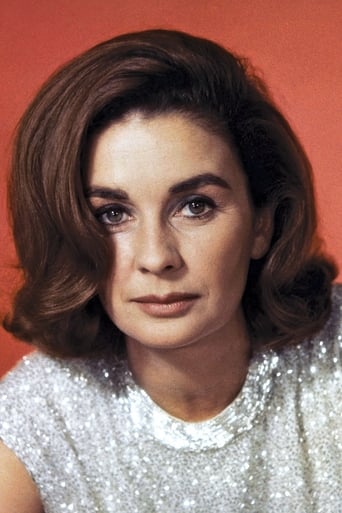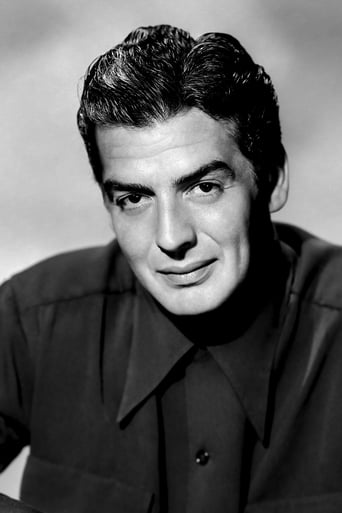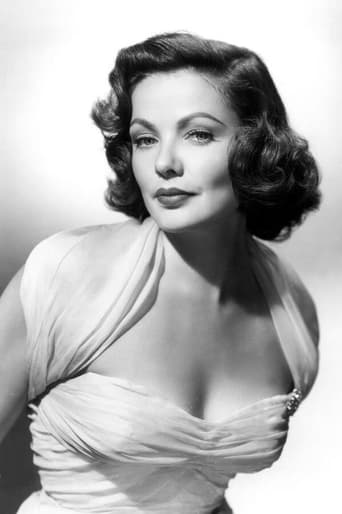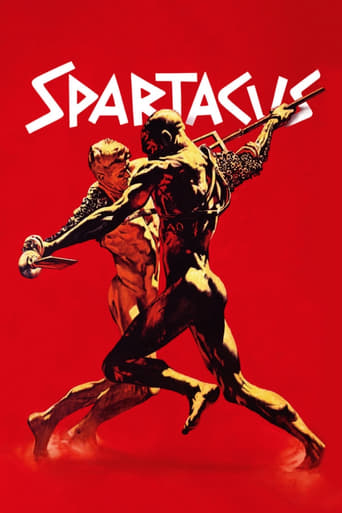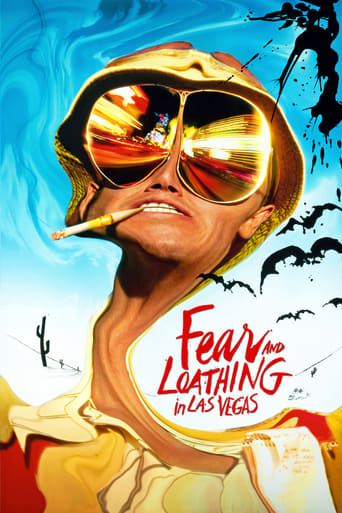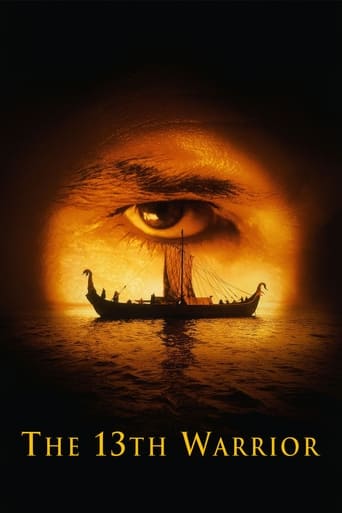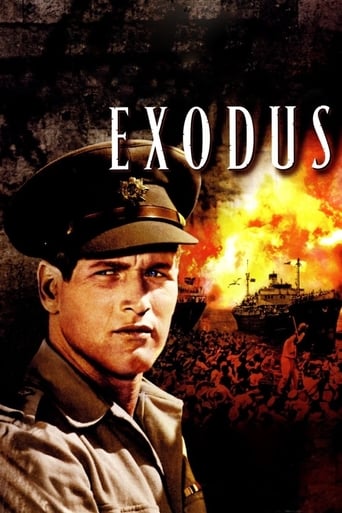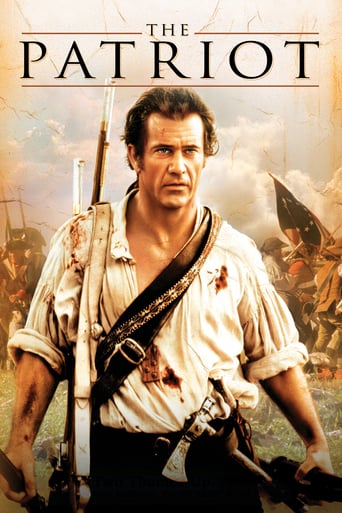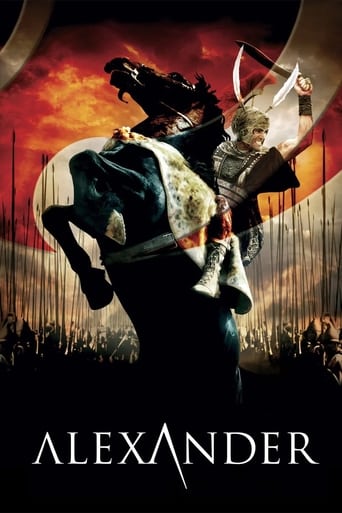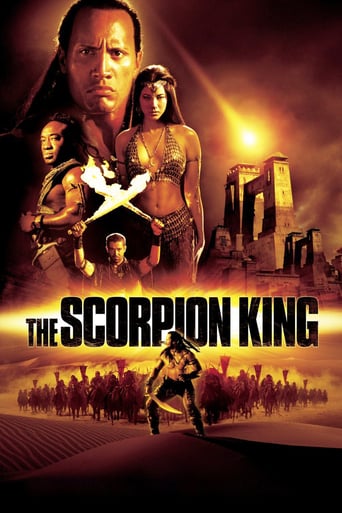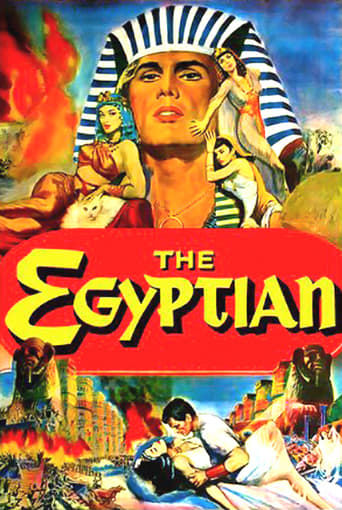
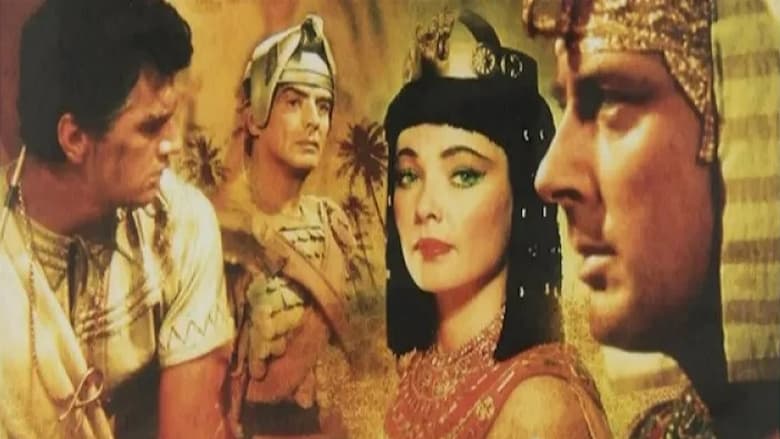
The Egyptian (1954)
In eighteenth-dynasty Egypt, Sinuhe, a poor orphan, becomes a brilliant physician and with his friend Horemheb is appointed to the service of the new Pharoah. Sinuhe's personal triumphs and tragedies are played against the larger canvas of the turbulent events of the 18th dynasty. As Sinuhe is drawn into court intrigues he learns the answers to the questions he has sought since his birth.
Watch Trailer
Cast


Similar titles
Reviews
Very well executed
So much average
For all the hype it got I was expecting a lot more!
This movie was so-so. It had it's moments, but wasn't the greatest.
First of all, this is a typical 1950s saga of adventure, intrigue, and love in an exotic place. I admit to having a hard time believing this is Ancient Egypt though. Where are all the cats? Only one is to be seen except a lion (promptly killed by the heroic Victor Mature.). Those cats were sacred. People adopted make up that imitated them. Tens of thousands were mummified. And why not? The Egyptians thought they were great in killing the rats and mice that nibbled at the hordes of stored grain. But then the prop department at least got the mirrors right -- polished brass for the aristos. What must it have been like for the masses, not to know what they looked like except from the expressions of others? I'd like you to know that I speak to you as an expert, having once successfully located Egypt on a map of Europe in the fifth grade.This movie was shredded when it appeared, largely because of the ligneous performance of the star, Edmund Purdum, but I don't know that he's better or worse than, Kerwin Mathews, say, or any others of that ilk. There's a well-known supporting cast -- the incestuous Gene Tierney, the treacherous Bella Darvi (Zanuck's main squeeze), the heinous Tommy Rettig, the serene and pretty Jean Simmons, the bald Henry Daniell, the moose-like Victor Mature, and probably the most likable performer Peter Ustinov as a humble but sagacious slave.You might not know it from all the traveling around and the intrigues and the love stories but the central figure in the narrative is Michael Wilding's pharaoh, here named Akhnaton, earlier Amenhotep or something. These names are confusing and hard to spell. In any case, Wilding's figure is an important one. His wife was Nefertiti and he himself may have fathered King Tut. Now, Nefertiti might have been an attractive woman, judging from a bust of her that shows up in popular venues from time to time, but Akhnaton didn't look like Michael Wilding. His statues show a smiling figure with a serpentine twist and a full pelvic girdles, almost feminine. After he death, many of his icons were mutilated and written references chopped out, and here's why.Egypt at the time, say 1350 BCE, worshiped an awful lot of gods representing hordes of real objects and fantasies. Akhnaton developed the idea that there was basically one god who ruled the others, the sun, called Aten, under which Egypt lived day after day unfailingly. This was the introduction of monotheism into the Middle East. It's not surprising that One Big God should come out of the mixed mythologies of the area, like Judaism, Christianity, and Islam. They all lived under One Big Sun, which probably inspired the idea. No Big God has come slouching out of the jungle.However, it didn't go over too well with the devotees of the other gods. Aknaton and his religion became even more oppressive when he began preaching peace and tolerance, when the Egyptians were accustomed to war with everybody around them. Akhnaton neglected his foreign territories and promoted internal reforms and oversaw the development of arts and sciences instead. Atenism was a violation of traditional religion and after Akhnaton's death -- poisoned by Purdum in this story -- the new religion failed and Akhnaton was seen as a traitor and his monuments defaced. Akhnaton simply overreached. Culture is a patterned thing, everything is woven together with everything else. It's not an easy thing to tear a hole in it and try to patch in some alien content.He is, nevertheless, the central figure, despite Wilding's limited screen time, because this is the story of the bellwether of modern world religions. Hinduism and Buddhism don't have One Big God. It rains too much in India.And what of Edmund Purdom, his youthful foolishness and his gradual maturation? Well, he rises in Egypt from nothing to become a famous physician. It's hard to imagine. At one point he diagnoses what appears to be a brain tumor by pressing the patient's forehead and decides to open the guy's skull. But then they did have laudanum and anyone willing to hand out an opiate is liable to become famous. And some of their instruments look almost exactly like our own, the curette for instance. The form is hard to improve upon. I mean, how would you improve on a perfect modern tool like a hammer? Meanwhile Purdom rises to prominence, then falls, then travels, then re-rises to prominence and ends up bereft of his lover but filled with faith, a kind of John the Baptist of the era.The movie itself is sluggish, with no humor except that provided by Ustinov's lying servant. The two of them move from kingdom to kingdom while geological epochs seem to pass. Yet it's a fulsome rig, with pastel curtains in the breeze, pageantry, elaborate costumes, and a stilted but still legible script. You won't see any great wars or miracles. People of faith move around and talk. It's not a total failure, and a post script at the end points out the importance of Akhnaten's position in history. You might like it.
The cast is excellent, with Michael Wilding presenting the most convincing performance as the Pharaoh Ekhnaton in the difficult dilemma of being 13 centuries before his time, which actually was historically correct. All the rest is fantasy, although mummies were made indeed and most indefatigably in Egypt for three millennia, it was their prominent speciality, by the help of opening the brain in a kind of prehistoric brain surgery. The protagonist's father excels in this medical art and passes it on to his son, who makes his fortune at the court of Pharaoh, who occasionally suffers from headaches and epileptic fits, so he needs his brain physician. Victor Mature plays Sinuhe's best friend, the more pragmatic and less altruistic coming leader of the future in battles and slaughters, called Horemheb, while Gene Tierney also makes a credible and politically more realistic sister to a Pharaoh only good for sun- and star-gazing. Bella Darvi plays another important part as the ruin of the hero physician, who makes a total mess of his so promising career by reckless passion. Peter Ustinov saves him time and time again only to lose him in the end. Finally there is Jean Simmons, the real heroine of the tale and the only actual martyr among them all, who represents all that they should be living for, presenting that meaning of life that Sinuhe so eagerly quests for, which he ignores as the stupid fool he is. The music of Bernard Herrmann and Alfred Neuman is also apt and perfect all the way like the splendid photography and Michael Curtiz' direction, - so what then is so wrong about this film?It's the story itself that is not at all convincing. All the weakness is found in Mika Waltari's novel, an interesting story by all means, but he understood nothing about Egypt. Another author who wrote novels of ancient Egypt was Joan Grant, whose versions are as almost palpably credible as Waltari's is more like science fiction. Not even the dialogue is good, although the film has improved it by cutting as much of the nonsense as possible. Still, some of the best episodes of the book are missing from the film, above all Sinuhe's adventures in Crete.It's a good film, nothing bad could be said about it, and we must try to forgive Mika Waltari's weakness for fantasizing in the manner of Edgar Rice Burroughs, Flash Gordon and Cecil B. DeMille rather than trying to actually recreate ancient Egypt. Ultimately, only Michael Wilding remains truly convincing.
I found this movie to be pretty good for a Hollywood supposedly historical drama. It is not historically accurate, Victor Mature's character never took the throne, at least as depicted in the movie. The next Pharaoh appears to have actually been a son of Imhotep IV, his name before he changed it after about five years in to his reign.The rise and fall of a nobody physician of the time is the main focus of the plot. He rises to become Pharaoh's court doctor, falls for a very high priced whore who gets him to give here everything he has plus all of his parents including their burial site. After discovering her whoreness by seeing his best friend making it with her, he becomes very disillusioned, leaves Egypt and pursues a life of accruing wealth from his skills as a doctor. He returns to Egypt when he gets an iron sword for curing the Hittite leader. Turning the sword over to the army gets him reinstated in Egypt. The Hittites are invading and the Pharaoh will not fight them. The doctor ends up poisoning the ruler and Victor assumes the throne. The doctor is exiled because he had put poison in Vic's cup along with the Pharaoh's. So instead of becoming the ruler with his half sister he gets sent to the Dead Sea in exile where he writes his life story.
I like Bella Darvi, don't ask me why; I just do. Having glanced at other comments about Darvi, her performance, the film, the nastiness alleged, I will only say that I find Bella completely enchanting, captivating, beautiful, painfully sexy and sister of my heart. The rest is silence. Have been told my comments must be longer. Fine. How about that score? I believe that Hermann was responsible for the Nefer music. Beautiful and, in my opinion, one of the elements closest to Waltari's emotional evocations of the Sinuhe character, not Nefer's. Those familiar with the novel will recall Nefer's less than tragic continuing adventures. But we are not talking about Waltari or Nefer or Zanuck or Hollywood. Only and always, Bella, Bella, Bella.


